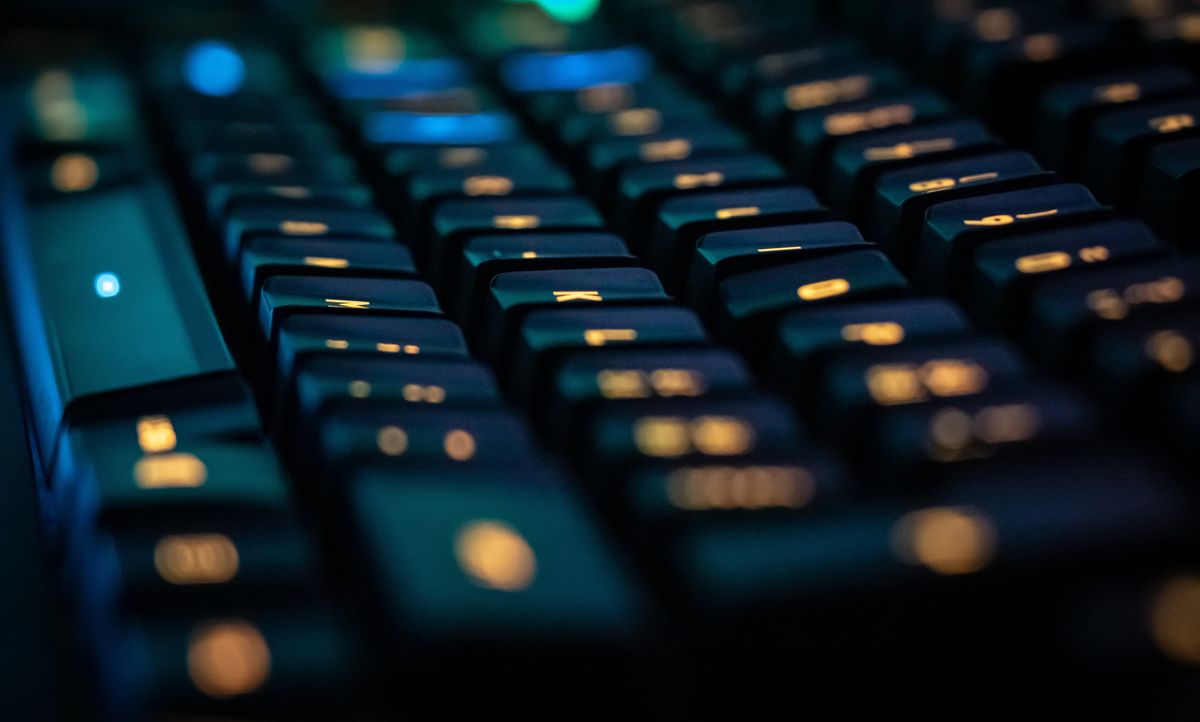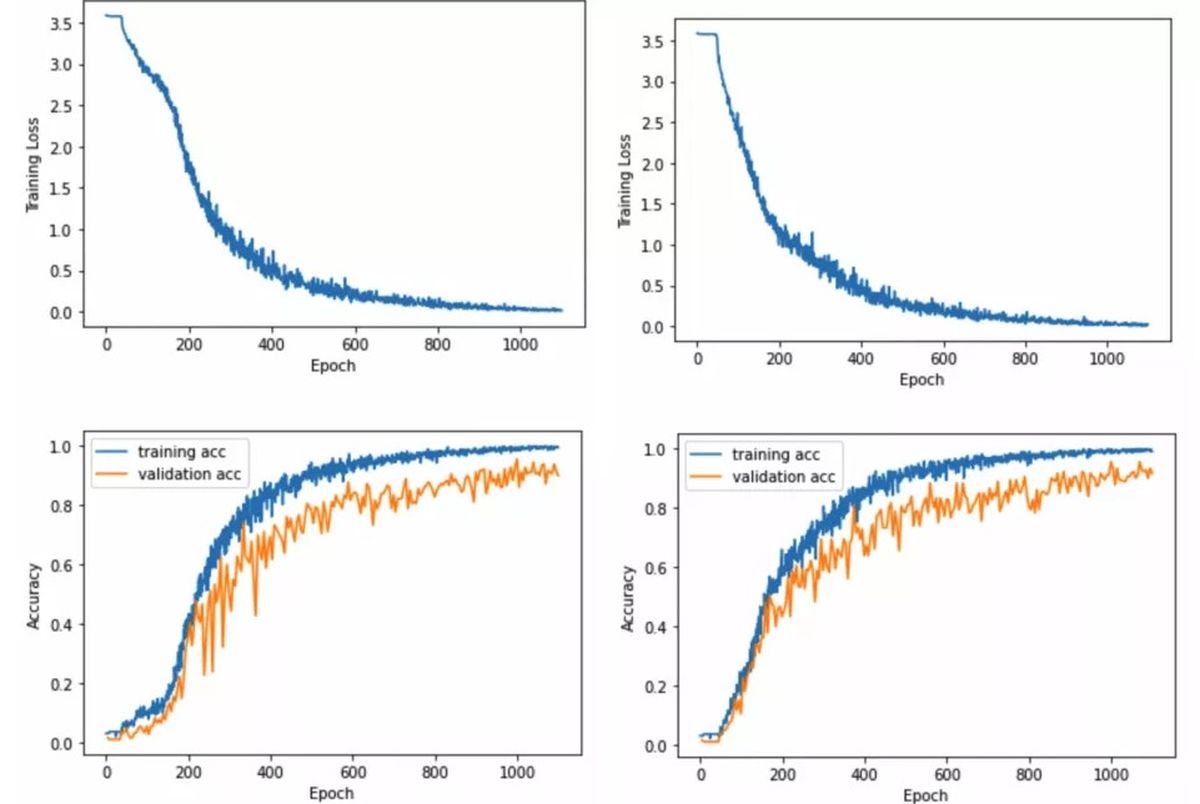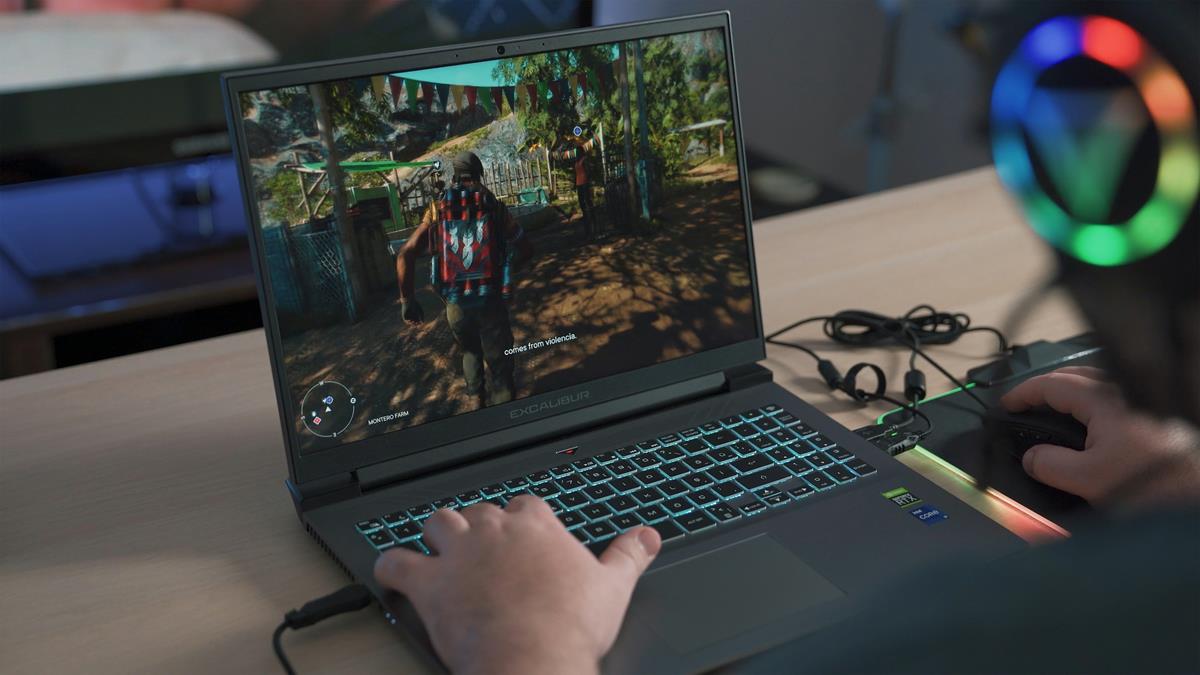Researchers reveal 95% accurate data theft AI

Researchers at Cornell have trained a deep learning model that can extract information from keyboard keystrokes collected using a microphone. These researchers, Joshua Harrison, Ehsan Toreini, and Maryam Mehrnezhad, published a paper to give more details about the new AI.
According to Bleeping Computer, such an attack has a significant negative impact on the target's data security since it exposes users' passwords, conversations, messages, and other sensitive information to dangerous individuals. The prediction accuracy decreased to 93% when Zoom was used to train the sound classification system, but it was still pretty good and a record for that medium.
The general availability of microphone-bearing devices that can collect high-quality audio has also made acoustic attacks considerably simpler than other side-channel attacks, which need unique circumstances and are liable to data rate and distance restrictions.
The system has to be trained to a certain keyboard with references for what character each keystroke represents in order for it to function with just any random keyboard. Keystroke audio may be recorded locally using a microphone or remotely using a program like Zoom.
The deep learning model may train itself by observing the slight variations between keystrokes. Then, with astounding precision, the waveforms of each key's noises are used to forecast what is being written.

It was tested on a MacBook Pro
The team tested the concept on a MacBook Pro during the project showcase. They pushed each of the 36 keys 25 times. This was the foundation for the AI model to identify which character goes with which keypress sound. The recording's waveforms included enough minute variations to allow the machine to identify every key with stunning precision.
Hackers targeting air-gapped devices in Eastern Europe with new malware
There are vulnerabilities in this kind of prospective assault. The team said that it is possible to reduce the system's accuracy by changing your typing style, among other measures. Keystroke recognition accuracy dropped from 64% to 40% while using a touch keyboard. Additionally, it would be conceivable to utilize software to generate noise that muddles the input by adding extra keystrokes or white noise.
Advertisement



















Despite being written by AI, this is a cool article – I always knew something like this would come about one day. But it’s too primitive at the moment, it needs “learning samples” of the target keyboard, how is that gonna happen in the wild??